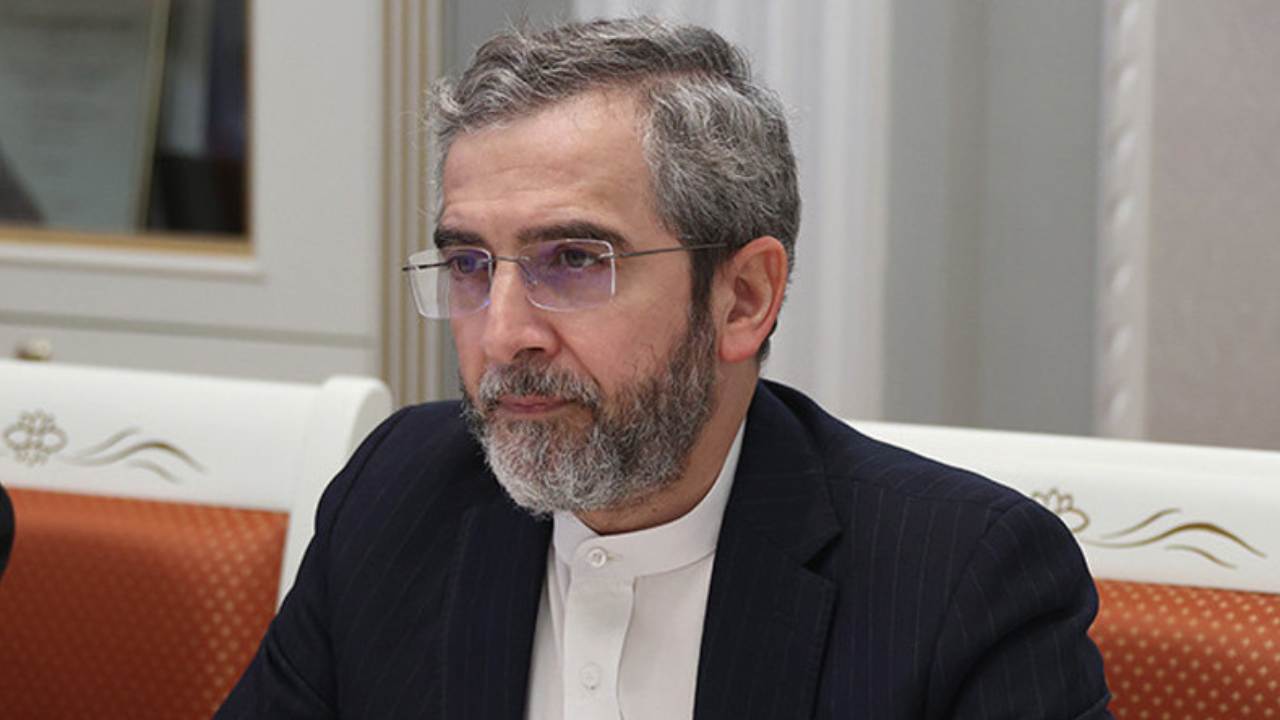
Publication
Iran foresees a “demographic expansion” in the South Caucasus

ARVAK Center comment, 18.06.2024(1)
10.06.2024 acting Iranian Foreign Minister Ali Bagheri Kani noted in an interview with CNN Turk that “Tehran supports the normalization of relations between Yerevan and Baku but is against any initiatives that could change the borders and demography in the region”. Thus, for the first time, the Iranian side made a statement not only emphasizing Tehran’s disagreement with the plans of certain sides to change borders in the region (reffering to Ankara and Baku’s aspiration to alienate the “Zangezur Corridor” from Armenia), but also expressing fundamental rejection of the intentions to change demographic map of the region.
In fact, Bagheri Kani’s words about “demographic changes” should be understood on two levels. The first of them is obviously related to the increasing talk in Azerbaijan about official Baku’s intentions to “repatriate” to the Republic of Armenia from “100 to 300 thousand Azerbaijanis” who left the neighboring republic in the period of 1988-1990. In Armenia itself, rumors are spreading about an alleged arrangement between Yerevan and Baku to organize the process of mass resettlement to Armenia’s Gegharkunik, Syunik and Vayots Dzor regions of Azerbaijani families who left the republic as a result of the outbreak of the Karabakh conflict.
The second aspect of the acting Iranian Foreign Minister’s statement should relate to the problem of Karabakh Armenian refugees; the issue of their return at this stage has completely “dropped” out of the international agenda of the “settlement between Armenia and Azerbaijan”. In parallel, Baku intensified its steps towards the massive construction of new housing infrastructure in Nagorno-Karabakh, which, according to the assurances of I. Aliyev and members of his government, are intended for Azerbaijanis.
It should be noted that the worries of the official Iranian side about possible large-scale demographic changes in the northern border region of Iran are hardly based on rumors or publications in the Armenian and Azerbaijani media. Obviously, Tehran has sufficient sources of its own to form an idea about the agenda of the Armenian-Azerbaijani negotiations and analyzes the situation in accordance with its data. This analysis revels trends that are extremely dangerous for Iran itself. It is in this light that Ali Bagheri Kani’s statement should be interpreted, in which he warns Turkey, Azerbaijan and the global centers that patronize them, against attempts to implement demographic expansion in the region aimed at the final destruction of Armenian sovereignty and isolation of Iran’s northern frontiers.
However, Tehran is not only concerned with the danger of Azerbaijan’s demographic expansion in the region. Iran hardly ignores the nuances that point to the possible existence of much more demanding scenarios in Azerbaijan’s execution. For example, who will populate the territories along the Araks River (Zangelan, Kubatli, Jabrail), as well as the territories of the former NKAO, if Aliyev plans to transfer from 100 to 300 thousand people to Armenia, and the general plan of Baku approved on 16.01.2024 includes a program for the construction of residential complexes for young families up to 600 thousand people in total? Where is the Aliyev regime going to get the necessary human resources for intensive settlement not only of its own “sovereign” territories, but also of the Armenian regions, if a significant part of the declared population of the republic (about 2-3 million people) lives in Russia, Turkey and Europe? At whose expense will the “expansion” into the Republic of Armenia and the restoration of the demographic balance in the vast southwestern region of the republic be “realized”?
Given all these obvious discrepancies in Baku’s plans and real capabilities, Tehran has every reason to suspect that ethnic elements that have no relation to the region and, in particular, to Karabakh and its surrounding areas may be involved in the program. These include, for example, the so-called “Igdir Azeris”, Syrian Turkomans, and Meskhetian Turks, whom Ankara has been unsuccessfully trying to reintegrate into Georgia’s demographic picture until recently. The ethno-linguistic commonality of these groups and the high degree of nationalist sentiment among them may be sufficient motivation for their involvement in the project of demographic transformation of the South Caucasus.
Obviously, Iran is calculating worst-case scenarios and is clearly aware of the existential danger of possible Turkish-Azerbaijani plans. It is no coincidence that Ali Bagheri Kani, acting Iranian Foreign Minister, expressed his categorical rejection of the prospects of demographic transformation in an interview with Turkey’s CNN, since it is Ankara that Iran sees as Baku’s inspiration and the shadow initiator of the scenario that threatens the Islamic Republic’s security.
(1) The original (in Rus.) was posted on the website on 13.06.2024.
